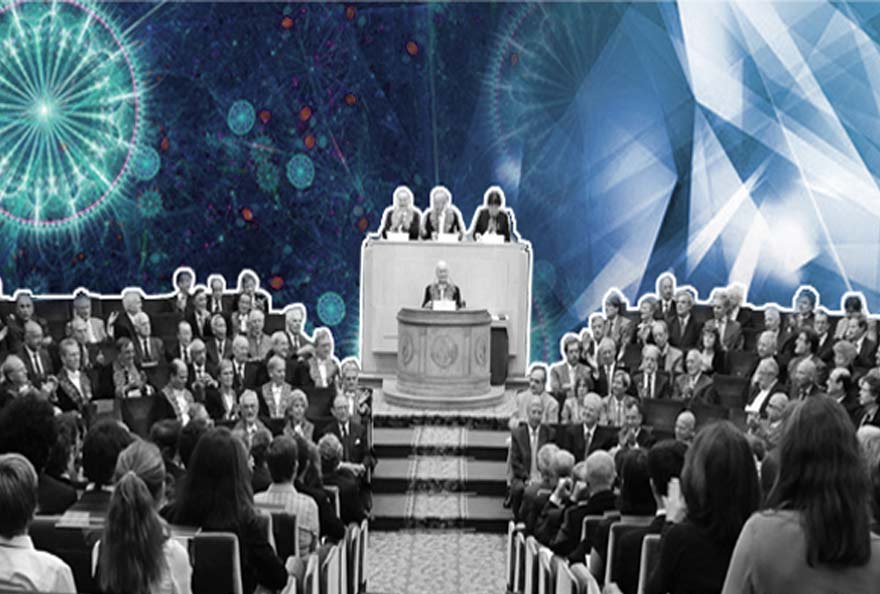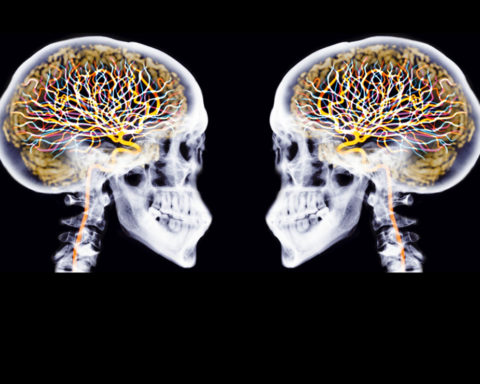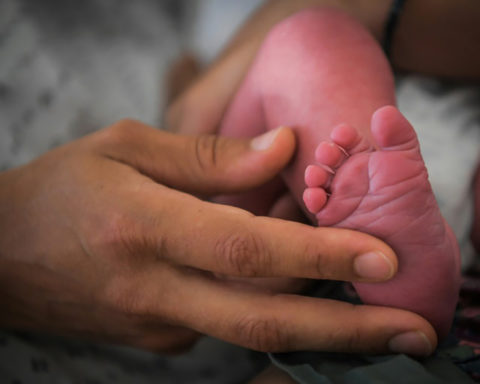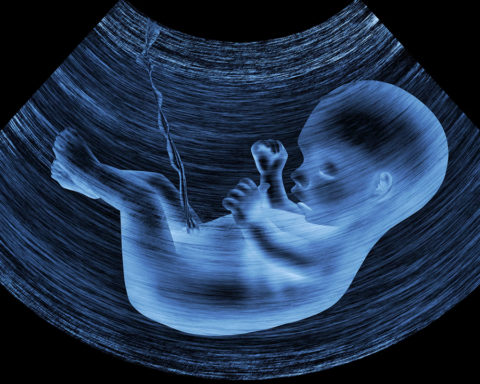Google's appetite for omniscience is insatiable. The Mountain View giant's ambitions in the field of healthcare have long been known. But this time, however, there seem to be boundaries. The New Scientist has indeed just revealed how Google has signed an agreement with the British National Health Service (NHS). This agreement, signed between the artificial intelligence entity Deep Mind and the NHS, gives Google access to the health data of 1.6 million patients who visited three London hospitals over the last five years. This is tens of millions of sensitive data about people with HIV, overdoses and abortions...
Ahe medical records have been submitted as part of a collaboration that will allow Google's artificial intelligence company DeepMindto create an early warning application for kidney disease. But the magazine New Scientist discovered a document describing the agreement that reveals that the technology giant has access to much more sensitive data than originally anticipated.
L’agreement between DeepMind and the NHS was announced in February of this year. Its purpose was to transmit a set of medical data to DeepMind so that the technology company could develop an early warning application called Streams for patients at risk of developing acute kidney disease.
At this point, there's nothing to say. This seems to go in the direction of a better knowledge of the disease. But the problem is that, far from simply having access to NHS kidney data, the document which leaked reveals that DeepMind has access to health data on every patient who passes through one of London's three NHS-run hospitals: Barnet, Chase Farm and the Royal Free. In total, the confidential medical data of 1.6 million patients is transmitted to Google every year.
" This will include information on who is HIV-positive, for example, as well as details of drug use and abortions. " reports Hal Hodson for New Scientist . He adds: " The agreement also includes access to patient data for the past five years.. »
With this revelation, one might legitimately ask, why on earth would a technology company require all these details from medical records to create a kidney disease application?
Google answers to the New Scientist that there is a lack of specific data on people with kidney disease and that he must have access to all medical records in order to develop his early warning system.
In defence of this agreement, London hospitals argue that strict conditions are in place to ensure that data remains private. The agreement stipulates that Google cannot use the data on its own premises and that the data is stored in the UK by a third party, not in DeepMind offices. In addition, the agreement stipulates that the data will be destroyed when the agreement expires at the end of 2017.
But great doubts remain. Indeed, it appears that Google's ambitions go much further than kidney disease, and that this was never made clear at the time the cartel was made public. « It's not just about kidney function. They get complete data on all patients in the hospitals. ». For Sam Smith, who heads the health data protection group MedConfidential : "What DeepMind is trying to do is build a generic algorithm that can handle everything. ». The algorithm he refers to is a platform called Patient Rescuewhich is described in the document as a "... diagnostic technology proof of concept platform for NHS Hospital Trusts"..
Simply put, this means that DeepMind wants to harness the wealth of medical data to help physicians make better decisions. By comparing a patient's data with other cases, diagnosis could be improved. That in itself is certainly not a bad thing.
So, should we be worried? In a declarationThe NHS says this is a standard agreement, and the patients concerned can choose to opt out. « Our agreement between DeepMind and the NHS is the same as the other 1,500 agreements with third party organisations that process NHS patient data". says the London Hospital Institution.
If we want to look at this in a positive light, we could say that this initiative is a step in the right direction because by accessing a huge amount of data, the algorithms will be able to predict our risk of disease and potentially, understand how to better treat us.
But here again, limits can be blithely crossed in the midst of techno-scientific euphoria. Under the pretext of better treating us, of better fighting disease, technologies are advancing ever deeper into our intimacy, into the private areas of our individuality. The march of technosciences is always moving forward by considering humans as data, numbers, statistics whose bodies, infinitely adaptable, can be corrected, improved, increased, by supposedly omniscient technologies. A dream or a nightmare?













